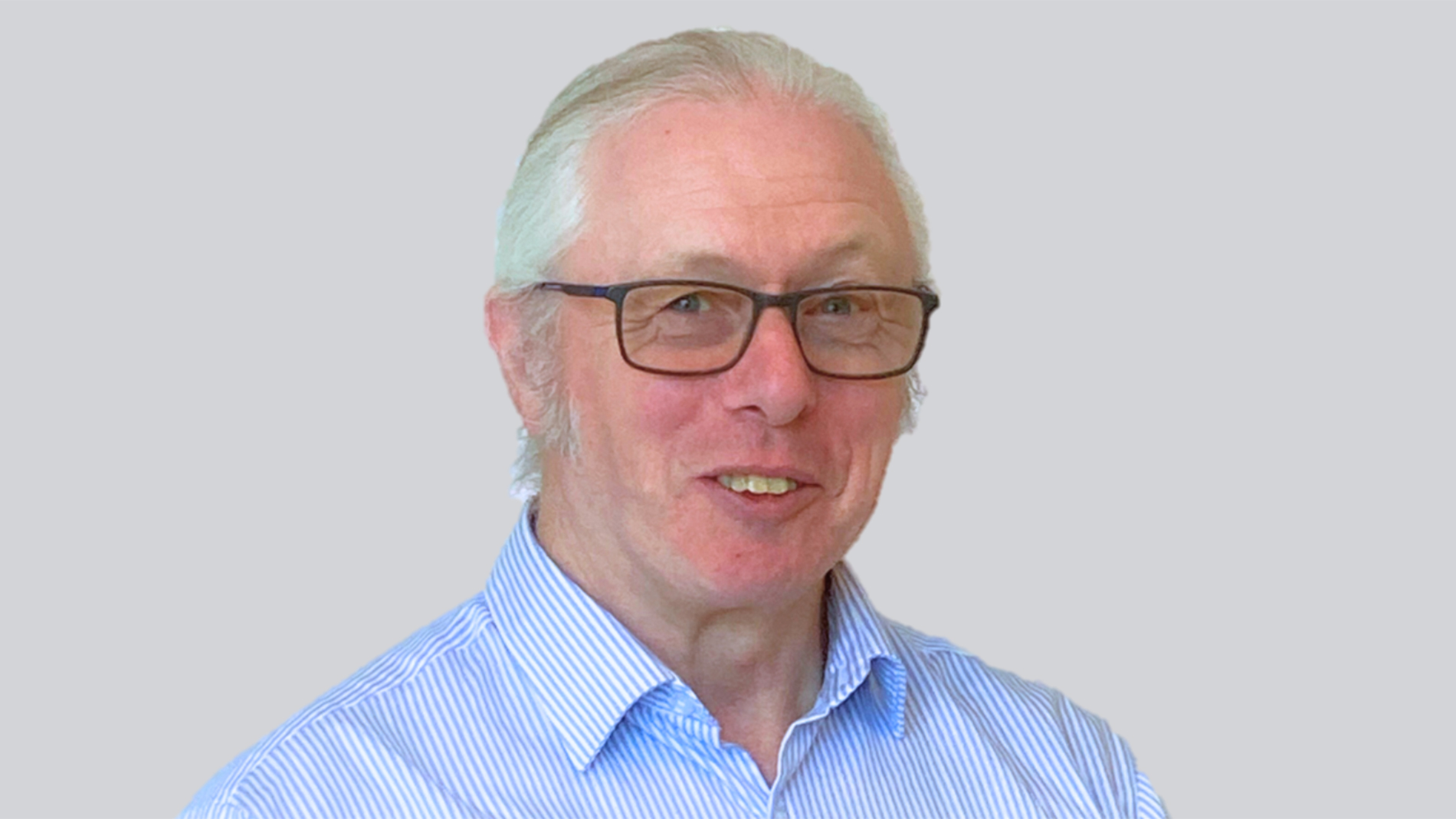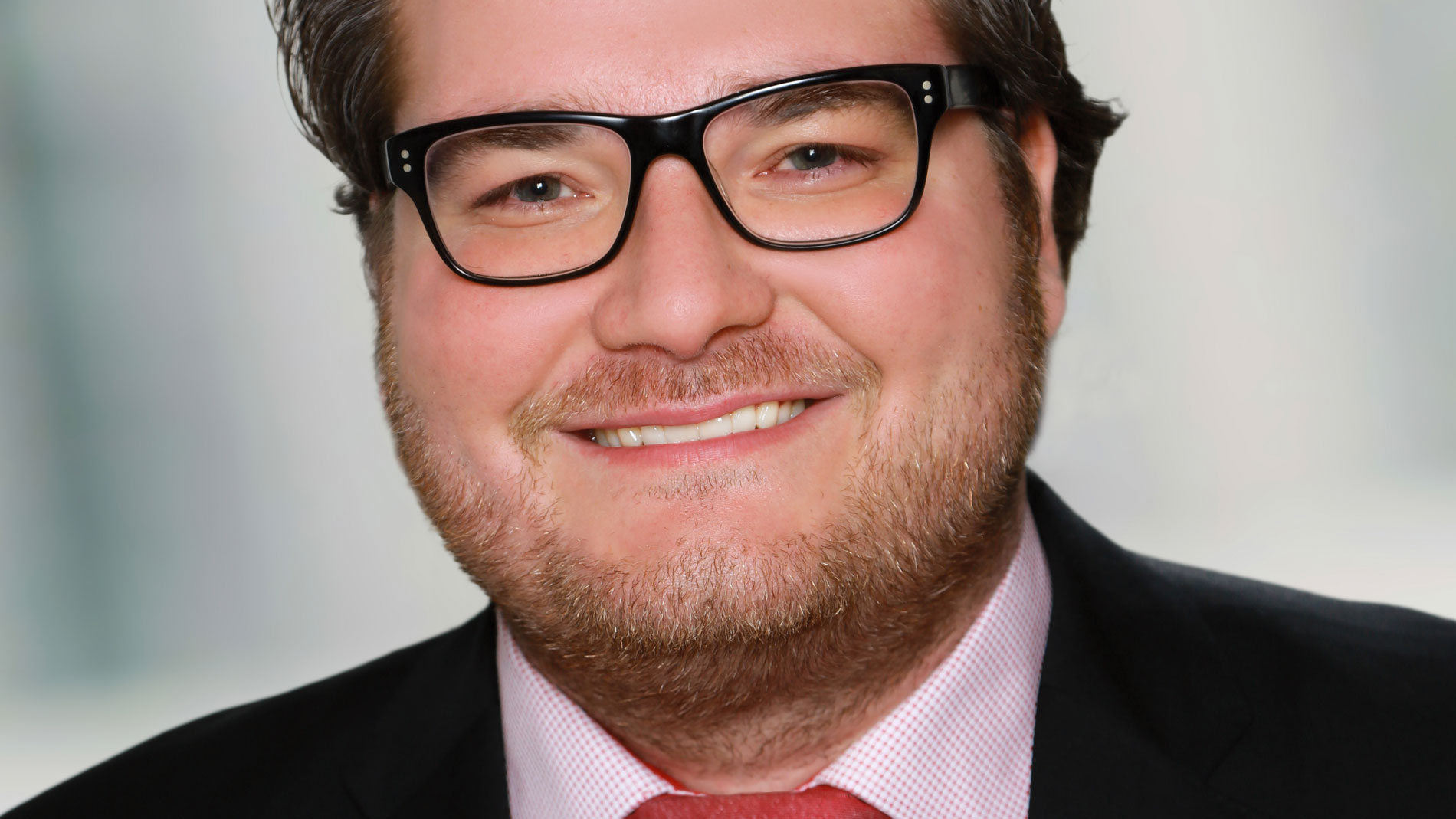The PCIM Podcast takes you on a journey through the world of power electronics. Look forward to engaging conversations with leading experts from around the globe on current trends, challenges, and driving forces in the industry.
Here you can customise which topics are of interest to you. You will then always find the articles compiled for you under "My content".
About the hosts

David Hegarty is a technical content specialist at Lexsys Language Consultants, with a wide range of interests and experience over his many years working with companies from startups to multinationals. Born and raised in Ireland, David studied electronic engineering at Dublin City University. After graduating, he worked in firmware development for lab and production test equipment and transitioned – through user interface development – to technical writing. After moving to Germany, initially to focus on user documentation, he branched out into the full spectrum of B2B communication, covering technology products in old, new and social media: From white papers and articles to videos and websites. His experience as a commercial communicator ranges from IT to manufacturing, from fiber-optics tests to clinical laboratories, and from patient monitors to power electronics. Driven by an endless curiosity for the potential in new and improving technologies, he is excited to moderate the PCIM Podcast and meet the people at the cutting edge of power electronics, intelligent motion, renewable energy, and energy management.

Marco Jung finished his apprenticeship as a communications electronics technician specializing in information technology in 2003. In 2004, he went on to study automation technology at the University of Applied Sciences Mittelhessen, Germany, and energy technology at the University of Kassel. He began his scientific career at Fraunhofer IWES in Kassel (now Fraunhofer IEE) in 2010 while completing his doctorate in engineering at the University of Hanover.
Since 2017, he has been heading the Power Converters and Electric Drive Systems department and has been a Professor of Electromobility and Electrical Infrastructure, focusing on power electronics, at Bonn-Rhein-Sieg University of Applied Sciences since 2019. Additionally, he is currently the Chairman of the IEEE IES/IAS/PELS German Chapter and a member of the International Scientific Committee of the EPE Association, the organizer of the EPE, the Technical Program Committee of eGrid 2023, and the Technical Conference Committee of the CPEEE. He is also a member of the Q1 Power Electronics of the ETG. Marco Jung is the current Chairman of PELSS 2024.







